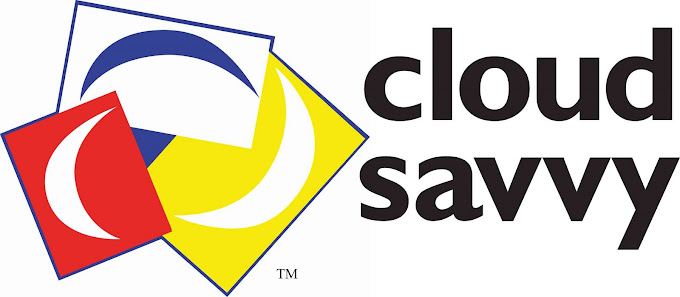
Cloud Computing has ushered in new ways of developing and delivering products. The emergence of Agile Development Practices has sped Cloud Computing adoption. Interestingly, executives struggle with leading organizations that must master both. Here, I explore lessons learned from helping companies deal with these two dynamics.
Tuesday, November 3, 2009
Beyond Development's Purview
Toyota has been dominant in applying lean (or agile) manufacturing techniques to improve product quality, lower costs, and increase responsiveness to customer needs. Other manufacturers have applied the same principles and gotten similar results. Recently, lean software techniques (Scrum, Kanban, XP) have been applied by development groups to create high quality, fast-time-to-market products focused on their customers' needs.
Now, VCs and management teams are starting to use lean techniques. I was fortunate to be invited to "Overturning Conventional Wisdom To Disrupt Industries and Markets – A Discussion On Disruptive Business Models and Innovative Approaches In Professional Sports, Software and Venture Capital" held on Thursday, October 29, 2009. Ben Nye, Managing Director of Bain Capital and Scott Maxwell, Founder and Senior Managing Director of OpenView Venture Partners shared their experiences with using Scrum to run their respective VC firm, and its use at their partner firms.
Scott met with Jeff Sutherland who started the first Scrum at Easel Corporation in 1993. Scott told Jeff that one of their partner companies was getting a 30% productivity improvement using Scrum. Jeff's response was that they must be doing something wrong if they're only getting 30%. This caught Scott's attention and Jeff is now an advisor to Scott's firm. Scott likes Scrum because it creates focus. Scott's VC firm uses a basic form of Scrum where his staff members are product owners for various Scrum teams, for example, Sales, Marketing, Finance, Investments. Each team holds daily SCRUM meetings and does weekly sprints. Scott starts with yearly company goals. The product owners break them down into quarterly goals similar to product release planning. Each Scrum team does weekly sprints to plan and do work towards the quarterly goals. Ben added that he sees benefits with agile practices: improvements to time-to-market, more at-bats, and organizational learning. Both said that software companies often bring complex products to market, use expensive direct sales and services to channel their products, and do not focus on customers' pain-points. Their guidance is to keep focused on customers' pain-points and straight-forward products by using Scrum and other lean software development techniques.
Other VC advice from Ben and Scott:
Analysis at CalPHERS showed that private equity investments made following a clear strategy provides the best ROI. Scott's strategy is to target a specific type of company, identify candidates, select companies with good, highly qualified people, provide them access to experts, and repeat the process again. His firm has marketing, sales, process, and finance experts on staff to fill partner companies' gaps.
On customers, based on the customer continuum, Consumer, SOHO, SMBs, ..., Enterprises, start with a selected customer type and work backwards to determine the go-to-market plans. Don't be slow to identify the customers. Size the market opportunity with top-down, bottoms-up, and growth drivers analysis. Get to know the customers. Things like Google Adware gets customers but without allowing the company to know them. Keep a sharp focus on customers' pain-points and products designed for the target customer. Focus go-to-market strategy on the buyer. Use web analytics to know what your customer is doing. Being early to market is the same as being wrong.
On people, debunk the 'status quo'. Risk taking means mistakes will be made. Get minds around innovation. Have great relationships with people. The 'power of question' and 'power of suggestion' are useful when advising companies. As an investor, if you fire someone, you take on their role, so act carefully.
On taking investment, choose partners well. Partnering with VCs is like a marriage, you live with them for a long time. Spend time together. Chemistry is important. Check references as much as possible. Take as little capital as possible. Capital constrained companies quickly figure out who the customer is, and channel to the customer. A high investment offer is likely from a poor VC. Customer revenue is the 'best' kind of capital investment.
Subscribe to:
Posts (Atom)